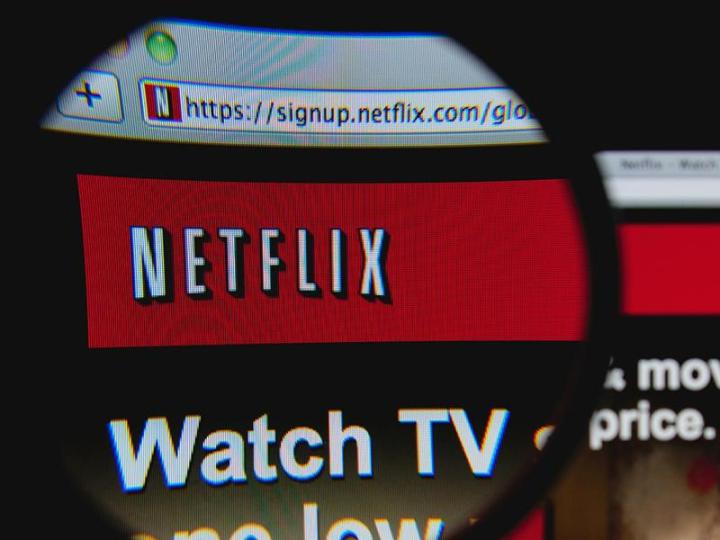
The key change relates to Network Security Services (NSS), a type of verification system that is required by Netflix to manage its integrated DRM and to make sure you’re not busy downloading everything in the site’s library. NSS is an open-source collection of protocols managed by Oracle, Google, Firefox and various other companies.
News of the update was posted to a Ubuntu development forum by senior Netflix engineer Paul Adolph. Once the operating system gets the updated version of NSS (which should be in a couple of weeks), everyone running Ubuntu and Chrome will be able to tap into Netflix’s collection, no user agent trickery required.
Last year Netflix added HTML 5 video support to its service to work alongside Microsoft Silverlight, meaning more platforms — including Chrome OS — could take advantage of the site. That same HTML 5 technology, together with the imminent security update, means Netflix will be available just about anywhere. The on-demand video service has been busy expanding across Europe during September, opening for business in France, Germany, Austria, Switzerland, Belgium, and Luxembourg.
Linux code underpins a whole range of different devices — it’s what Android is built on, for example — but it remains a niche product as far as desktops and laptops go, with just 1.67 percent of systems running the open-source software at the last count.


